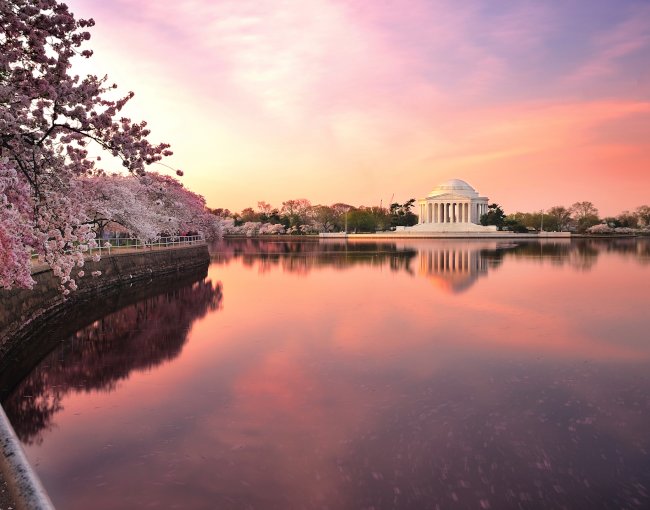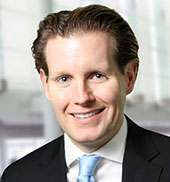May is the second in our two-part Wonkology series exploring the roles of delegates in the Republican and Democratic Parties.
Democratic Delegate An individual chosen to represent a state, a US territory, or the District of Columbia at the Democratic National Convention (DNC).
Run The World
Similar to their Republican counterparts, Democratic delegates are generally selected through a primary or caucus. The Democrats, however, allocate delegates proportionally in all states, as opposed to the mix of proportional allocation and "winner-take-all" approach in Republican contests. The Democrats' current system has its roots in the tumultuous summer of 1968. Riots at the Democratic National Convention in Chicago led to the establishment of the McGovern Frasier Commission, which opened up the delegate selection process. Rather than party bosses selecting the nominee, delegates became bound to their state's result.
Irreplaceable
With disastrous losses in the 1972 and 1980 presidential elections, the Democrats changed their rules yet again. The Democratic National Committee authorized "ex-officio" members of the party to serve as unbound delegates to the convention, in effect acting as a safety net in the selection of a nominee. Now known as "superdelegates," they include current members of Congress, governors, notable party figures, and prominent leaders of organizations affiliated with the party.
Superdelegates took a prominent role in the 2008 battle between then-Senators Clinton and Obama. Clinton originally led with pledged superdelegates but saw many bolt to Obama as he began to win states, and eventually, the nomination. President Obama, as de facto leader of the Democratic Party, unsuccessfully attempted to reduce the influence of superdelegates. Obama urged the creation of the Democratic Change Commission, which recommended binding the DNC superdelegates to the result of their state in advance of the 2012 election. Though Obama did not ultimately succeed in this endeavor, the number of superdelegates was reduced to 15% of the total delegates to the convention.
Independent Women, Part II
Earlier this year and following a string of victories, Senator Sanders opined that superdelegates might push Clinton to the nomination, even if he had won the popular vote. Instead, Secretary Clinton is leading in popular vote, pledged delegates, and superdelegates. Clinton is rapidly approaching the 2,383 delegates that she needs to secure the Democratic nomination on the first ballot in Philadelphia. And despite Clinton's presumptive victory and large lead, Senator Sanders is nevertheless attempting to persuade superdelegates to switch their support to him in order to secure the nomination.





